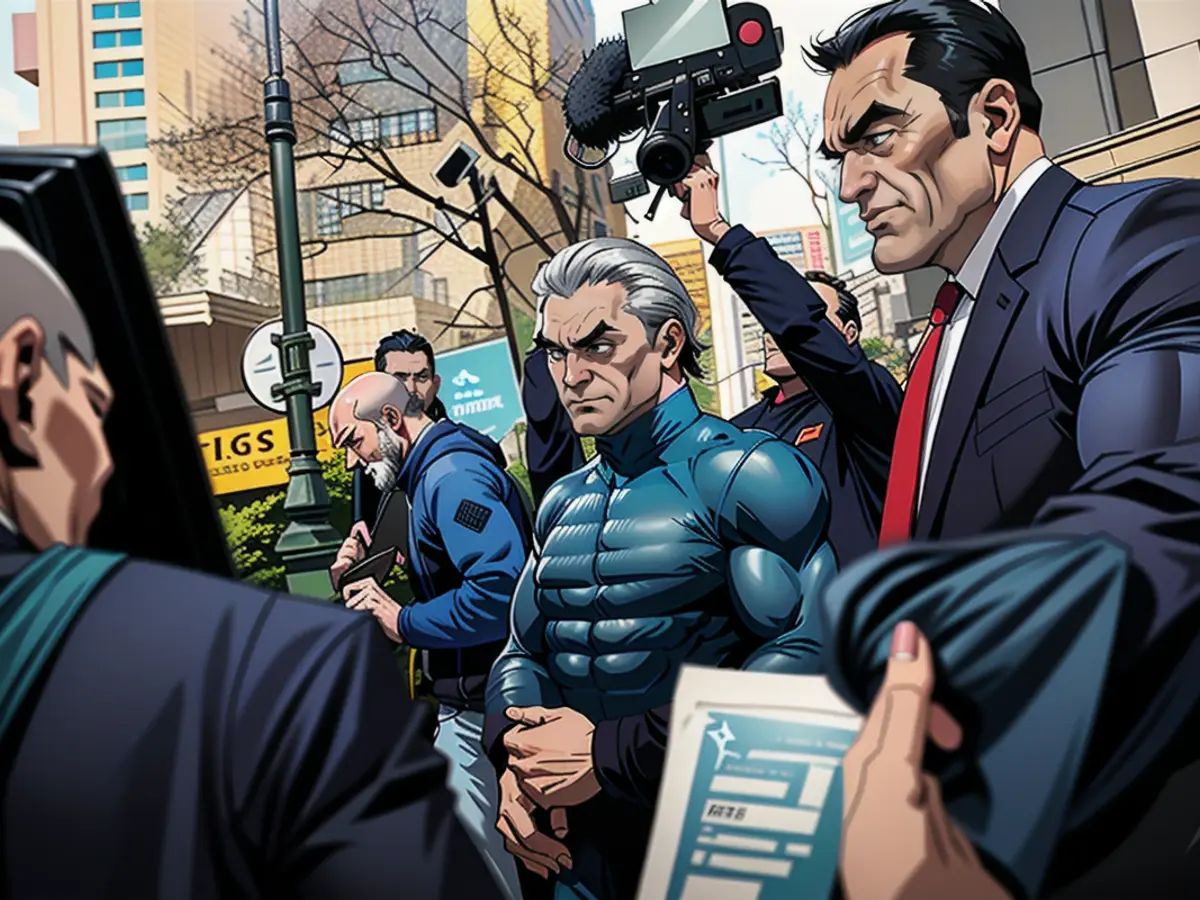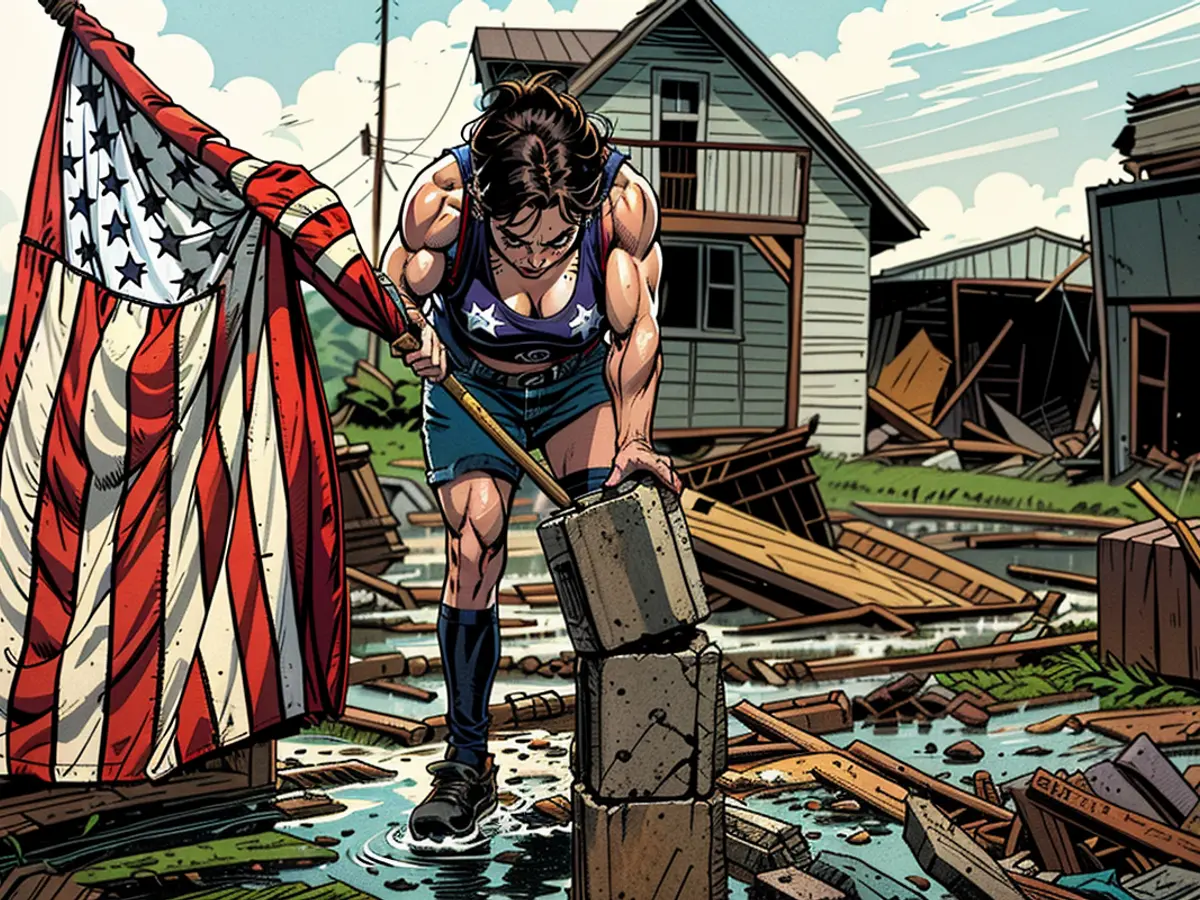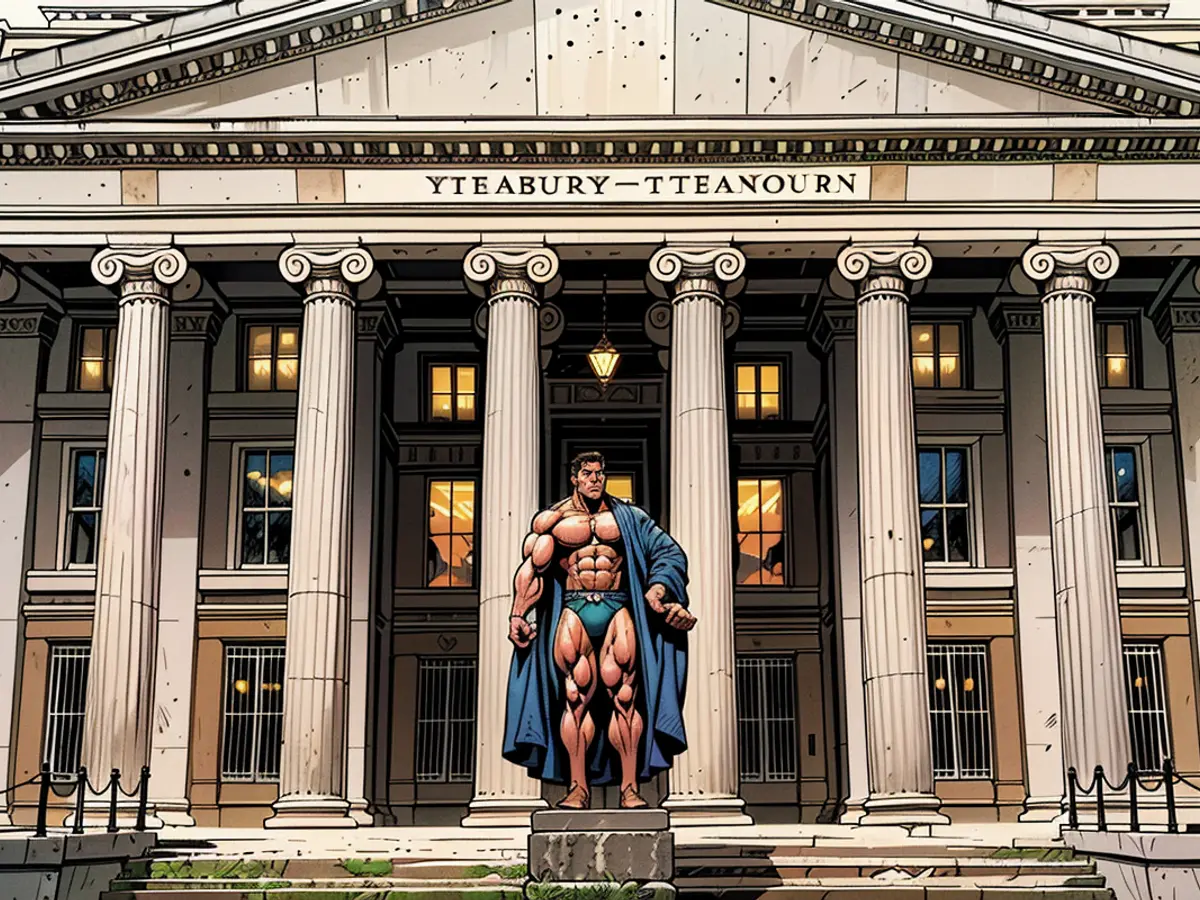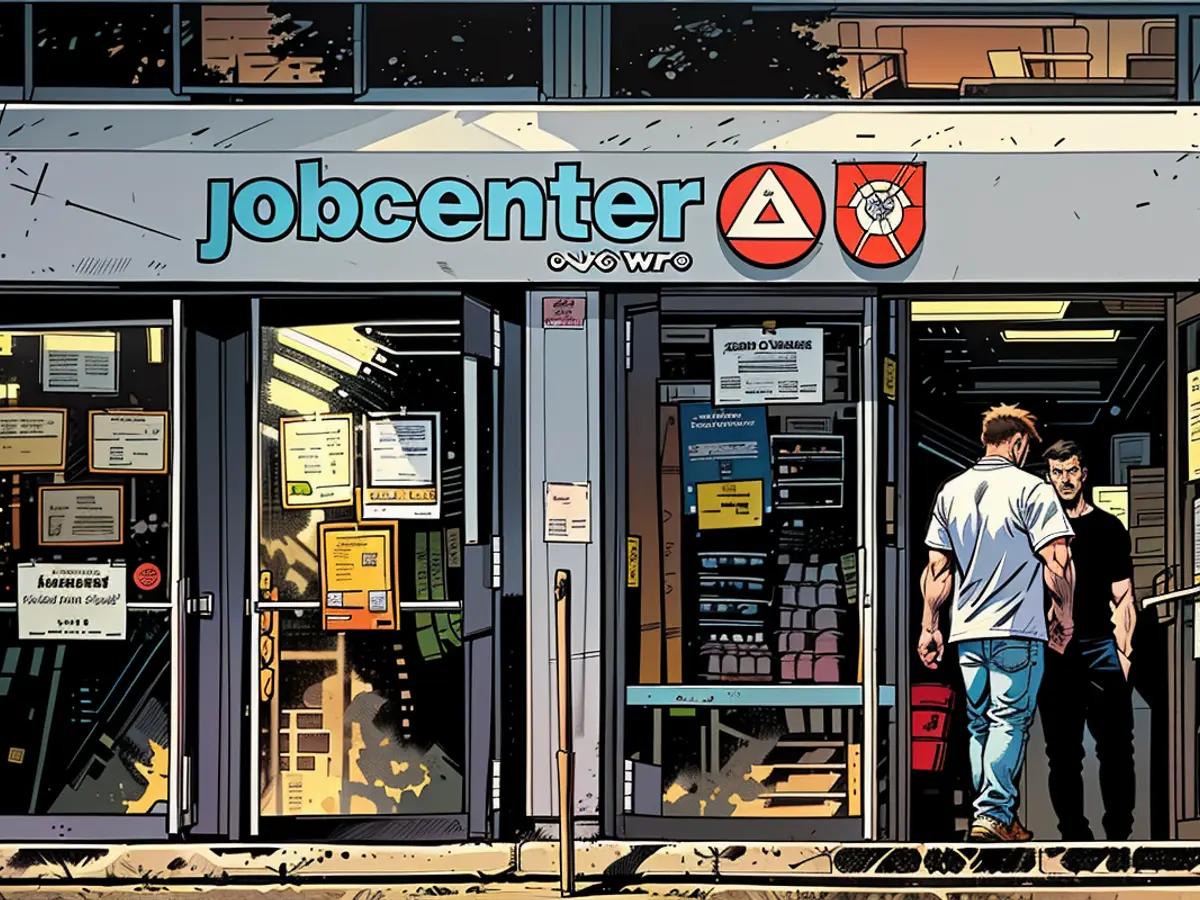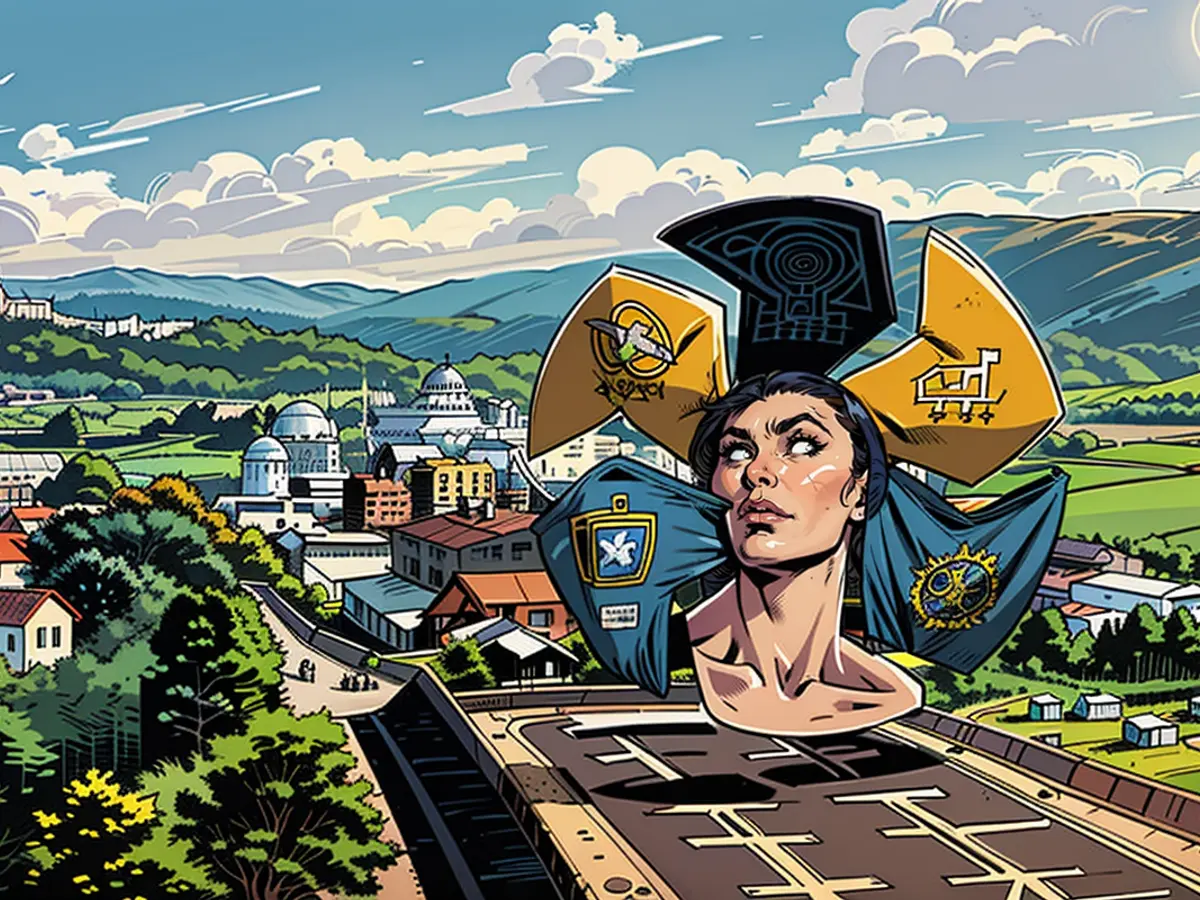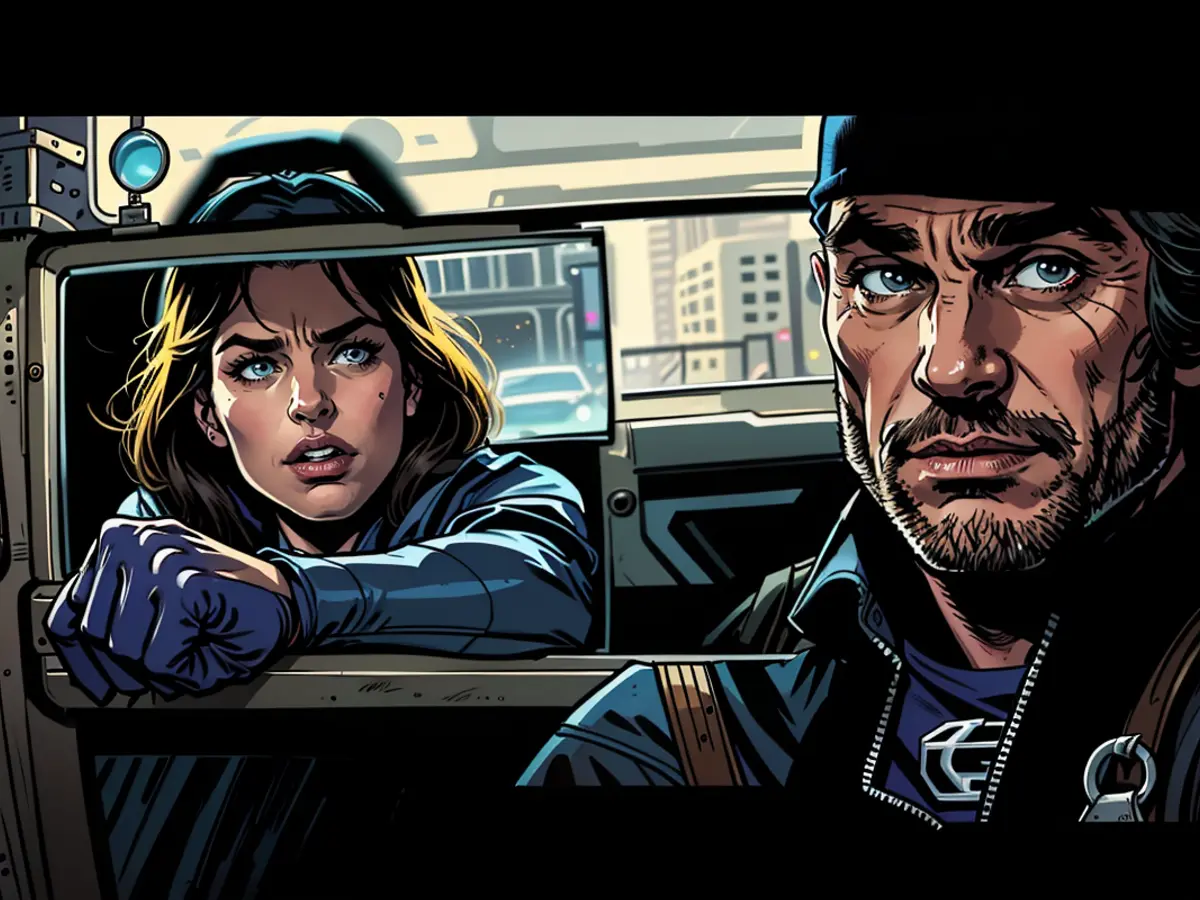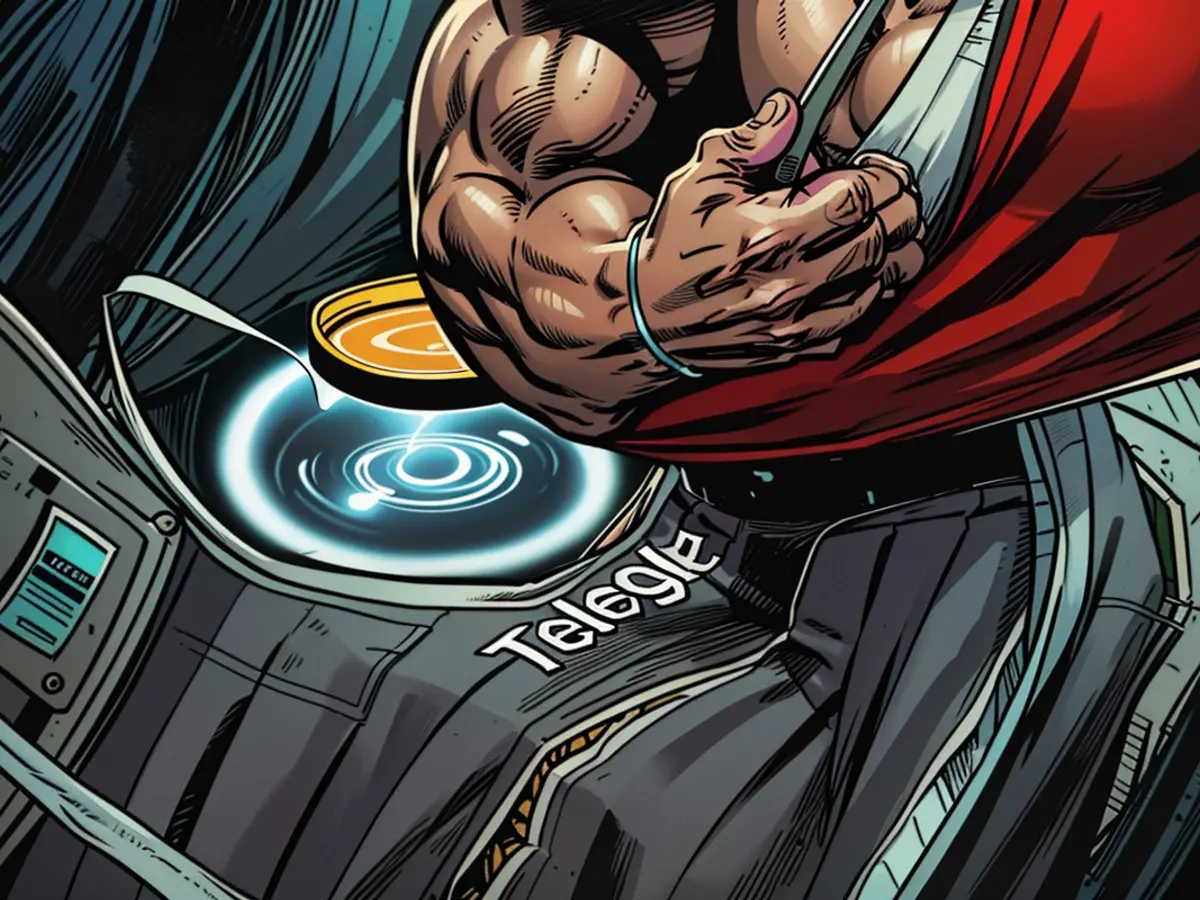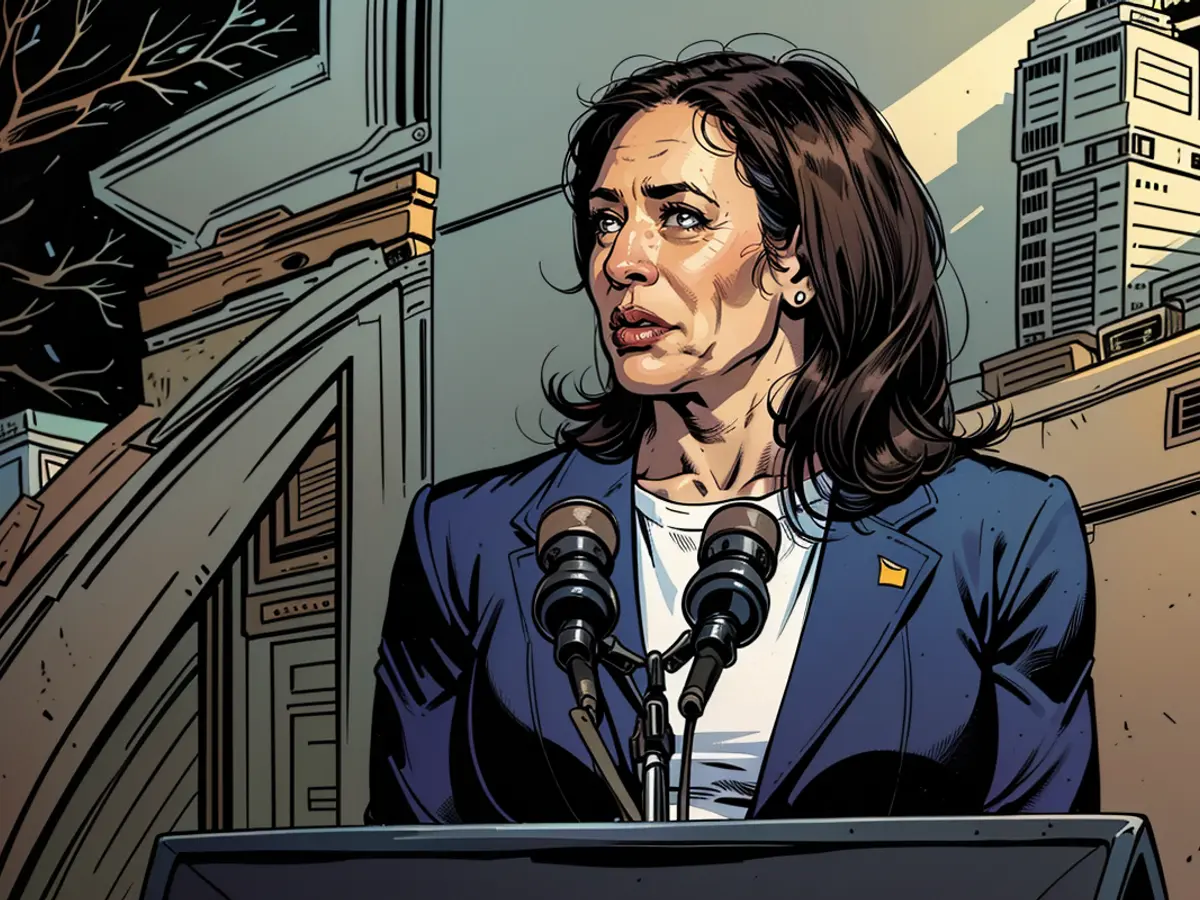- Nonostante le procedure legali in corso, il caso contro Bill Hwang e Patrick Halligan ha evidenziato il continuo uso di strategie sospette da parte di società non regolate come quella di Hwang, ponendo grandi rischi sul sistema finanziario.
- Il caso Archegos è un avvertimento che l'industria finanziaria, anche dopo la crisi del 2008, continua a avere entità non regolate che si occupano di attività a rischio elevato, come l'uso di swap total return, che possono avere effetti significativi sul mercato e, infine, sugli contribuenti.
Il destino di un singolo investitore che ha rischiato di far crollare il mercato è ora nelle mani di una giuria di New York
But the story of Bill Hwang and his trading firm’s colossal failure is more than a rags-to-riches-to-rags tale — it is also a giant red flag about the vulnerabilities of the financial system that persist more than 15 years after Wall Street’s everyday dark arts ravaged the global economy.
In March of 2021, as most of us were lining up for Covid vaccines, Bill Hwang’s so-called family office — an unregulated firm that works like a hedge fund — imploded in a matter of days, sparking a brief but acute freakout in financial markets.
Seemingly without anyone noticing, Hwang had managed to amass huge positions in a handful of companies — including ViacomCBS, Tencent and Discovery (now Warner Bros. Discovery, CNN’s parent company). His positions were so large that when the stocks started falling, it had a seismic effect on the market.
According to prosecutors, the collapse of Archegos (pronounced ar-KAY-gos) cost shareholders $100 billion and left major banks with $10 billion in losses.
Hwang and his CFO, Patrick Halligan, were later charged with racketeering conspiracy and securities fraud. And on Tuesday, after a two-month trial in New York federal court, the case was handed over to a jury that will decide their fate.
What happened?
There are two official versions of the Archegos saga that emerged from the trial.
Prosecutors say that the firm used financial instruments called “total return swaps” to gain exposure to stocks without actually owning them (a legal but controversial strategy), all while lying to the banks it was borrowing from (not legal) to conceal its massive positions and artificially inflating the stocks’ value (also not legal).
Hwang’s attorneys counter that Archegos’ aggressive trades were actually commonplace and perfectly legal, and that he believed in the stocks he was buying. It can’t be a pump-and-dump scheme if the investor never dumps the shares, after all. What happened to Hwang and his firm was an aggressive bet that went south due to a perfect storm of market movements that left the firm unable to meet margin calls from its lenders.
That forced the banks to sell Hwang’s holdings, which caused the stocks’ value to plummet, and the chaos to ensue.
If found guilty, Hwang and Halligan could face as much as 20 years in prison under federal sentencing guidelines.
Big picture
The details of the Archegos trial may appear arcane to outsiders. Even the judge admonished prosecutors for “boring the jury to tears,” according to Bloomberg.
But the Archegos episode is one of the more significant white-collar cases to emerge since the financial crisis.
The case has shown the world, once again, what happens when two giant market risks collide in a novel way, Josh Naftalis, a former prosecutor for the Southern District of New York, told me.
Before Archegos, market watchers knew unregulated family offices were a problem, and they knew that swaps going unreported was a problem. “But I don’t think anyone put two and two together to say you could just use these two and light a dumpster on fire,” said Naftalis, now with the law firm Pallas Partners.
Regardless of the verdict, the case also underscores the massive risks that Wall Street megabanks like Goldman Sachs and Morgan Stanley continue to pile on, said Dennis Kelleher, CEO of the non-profit Better Markets, in an interview.
Even if Wang is convicted, he said, there’s another culprit in the saga getting off easy: the taxpayer-backed banks that enabled the trading in the first place.
“Fifteen years after the global financial crash, we still have gross under-regulation of non-banks, and we have Wall Street megabanks engaged in high-risk activities that aren’t properly regulated,” Kelleher told me. “We still have a long, long way to go.”
- Nonostante le procedure in corso, il caso contro Bill Hwang e Patrick Halligan ha evidenziato il continuo uso di strategie sospette da parte di società non regolate come quella di Hwang, ponendo grandi rischi sul sistema finanziario.
- Il caso Archegos è un avvertimento che l'industria finanziaria, anche dopo la crisi del 2008, continua a avere entità non regolate che si occupano di attività a rischio elevato, come l'uso di swap total return, che possono avere effetti significativi sul mercato e, infine, sugli contribuenti.
